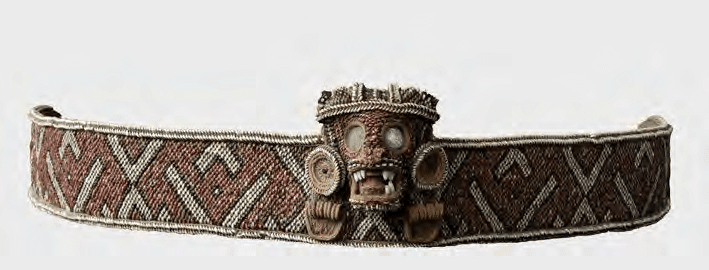Ricardo Alegria's brief study of Juan Garrido, a prominent black conquistador who participated in various expeditions and conquests in Puerto Rico, Florida, Mexico and Baja California, is a worthwhile read. It helps one to understand the connections between the early conquests of the Taino chiefdoms in the Antilles through the career of a free black. Sadly, his early life is unknown, but his probanza and references to him in Spanish sources tell us that he came to Hispaniola as a free man. Later, he joined Ponce de Leon in the pacification of Puerto Rico and then participated in Ponce de Leon's second Florida expedition. In between these two campaigns, Garrido also fought against the "Caribs" in Dominica and Guadeloupe before ending up in Mexico via Cuba.
Alegria then follows Garrido's career to Michoacan, Baja California and his final days in Mexico City, where Garrido probably died in the 1540s. Despite his role in the fall of Tenochtitlan in 1521, in the conquest of Puerto Rico and his being the first to sow wheat in New Spain, Garrido, his wife (possibly an Indian woman) and three sons lived in poverty. His granjeria and the sweat of his labor provided a low subsistence while newcomers received encomiendas or more favors from the Spanish Crown. In addition, the fall of Cortes from leadership in the colony may have also made it harder for Garrido and other old allies of Cortes to access land and Indian labor. That said, Garrido did briefly endeavor to mine gold in Michoacan with slave labor, although he indebted himself for slaves and tools.
While Garrido's career indicates the relatively high position accessible to free blacks in early colonial Mexico, and his skin color may have even played a role in the conquest due to its novelty to Indians, Garrido never received the full compensation for his labor that he deserved. That said, his relatively high status among the conquistadors is an interesting case study of how non-Spaniards contributed to the success of the Spanish conquest. Indeed, there was even a Taino cacique from Cuba who also came to Mexico to participate in the conquest, bringing about 40 of his subjects with him (Diego de Valbuena). We are curious about the role of Taino and Africans in Spanish conquests in the mainland, as well as possible instances in which Indians from the Antilles, like some of the enslaved Africans, chose to rebel. Indeed, Mexico City witnessed a slave conspiracy along those lines in which black slaves and Indians eager to get rid of the Spanish, planned to revolt.

No comments:
Post a Comment